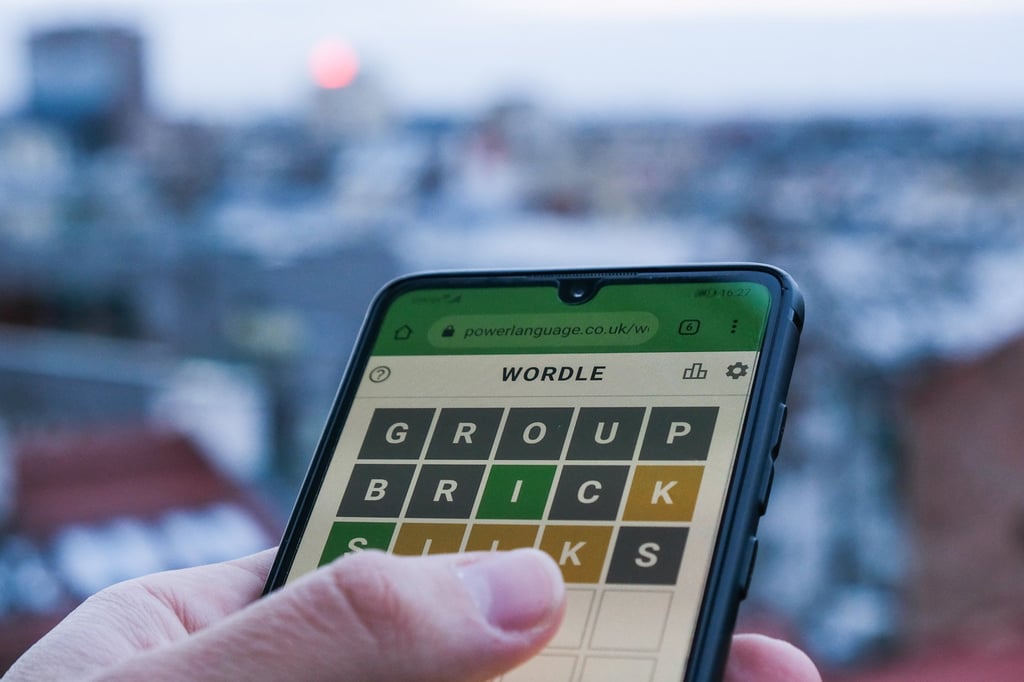Advertisement
How brain training apps, puzzles and reading keep the mind sharp, and ward off dementia
- Online mind games can stimulate grey matter and ease stress, as long as they are challenging. Other activities, such as reading, do the same
Reading Time:4 minutes
Why you can trust SCMP

This is the 41st instalment in a series on dementia, including the research into its causes and treatment, advice for carers, and stories of hope.
Advertisement
I do the Wordle word game every day, and if I have time, Connections. I frequently have a stab at Spelling Bee. I don’t do them just to pass time. I worry that not doing them may dull my brain.
I’m not unusual – lots of people play these mind games to protect their brains from atrophy. But how useful are they?
Remaining cognitively active, studies have found, can delay dementia by several years in vulnerable older adults.

Games are certainly good at stimulating our grey matter, and can be good for mental health as the need to focus can be distracting and calming. But to have value, experts say, they must challenge you.
Advertisement
The Alzheimer’s Association, based in the US state of Illinois, suggests the best way to build cognitive muscle is to “stump yourself”. If the puzzles you undertake no longer foil you – because you’ve cracked the code or because they have become so familiar – they will not be much more than just a daily habit.

Advertisement